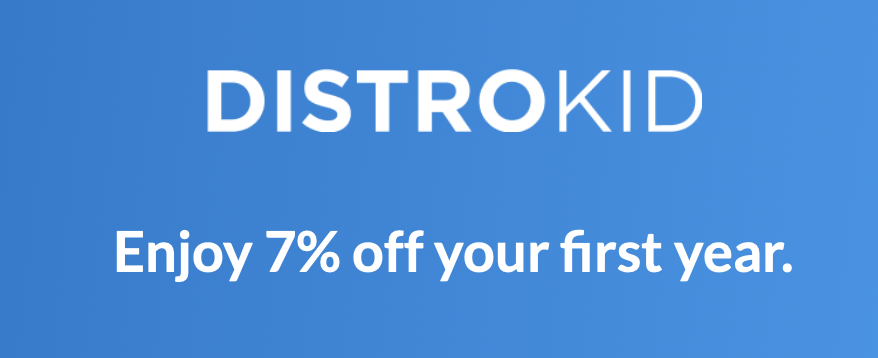Meta's Paid Privacy Plan Faces Pushback in Europe Amid Calls for Genuine User Consent
Charles M. Walls | April 18, 2024 | Views: 198

Meta's plan to charge users in Europe for an ad-free experience on Facebook and Instagram seems to be hitting a wall. The company launched these subscription models following a critical July decision by the EU's top court, which ruled that Meta cannot track user activity for advertising without clear consent. However, privacy experts quickly criticized the approach, claiming that offering users a choice between paying a fee or consenting to be tracked doesn't constitute genuine consent. Originally priced at up to €12.99, Meta even tried lowering the cost to €5.99 to calm its detractors.
According to a recent revelation by Politico, the European Data Protection Board (EDPB) agrees with these criticisms. The EDPB stated that offering only a binary choice between consent or payment doesn't meet the standards for valid consent. Anu Talus, EDPB Chair, emphasized that platforms should provide a real choice to users, noting that the prevalent models effectively force them to either surrender their data or face a charge. Max Schrems, an Austrian activist lawyer, stressed that Meta now needs to offer a clear yes/no option for personalized ads, although it can still monetize through non-intrusive advertising methods.
Meta's attempts to justify its data collection practices under GDPR have consistently been rejected by regulators. Starting from claiming it as a part of user contracts, to asserting a legitimate interest in targeted advertising, and now seeking actual consent with the threat of fees—each strategy has failed. Schrems highlighted that the shift to subscription fees drastically increased user consent from 3% to over 90%, criticizing it as coerced rather than freely given.
In related news, Apple is adjusting to EU regulations with its latest iOS beta, which allows users to download apps directly from developers' sites, moving away from the exclusive use of its App Store. This change is part of Apple's ongoing adaptation to the new Digital Markets Act but comes with strings attached, such as a requirement for apps to have at least a million first installs in the EU over the past year.
Meanwhile, the European Commission is taking issue with TikTok's rollout of its new 'TikTok Lite' app in France and Spain without conducting a mandatory risk assessment on its impact on youth mental health. The app encourages usage with a rewards system, which could potentially foster addictive behaviors. TikTok is under scrutiny and has been given a short deadline to comply with the assessment requirements under the Digital Services Act.











